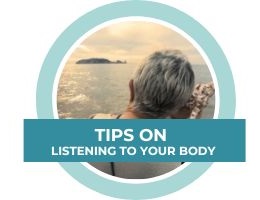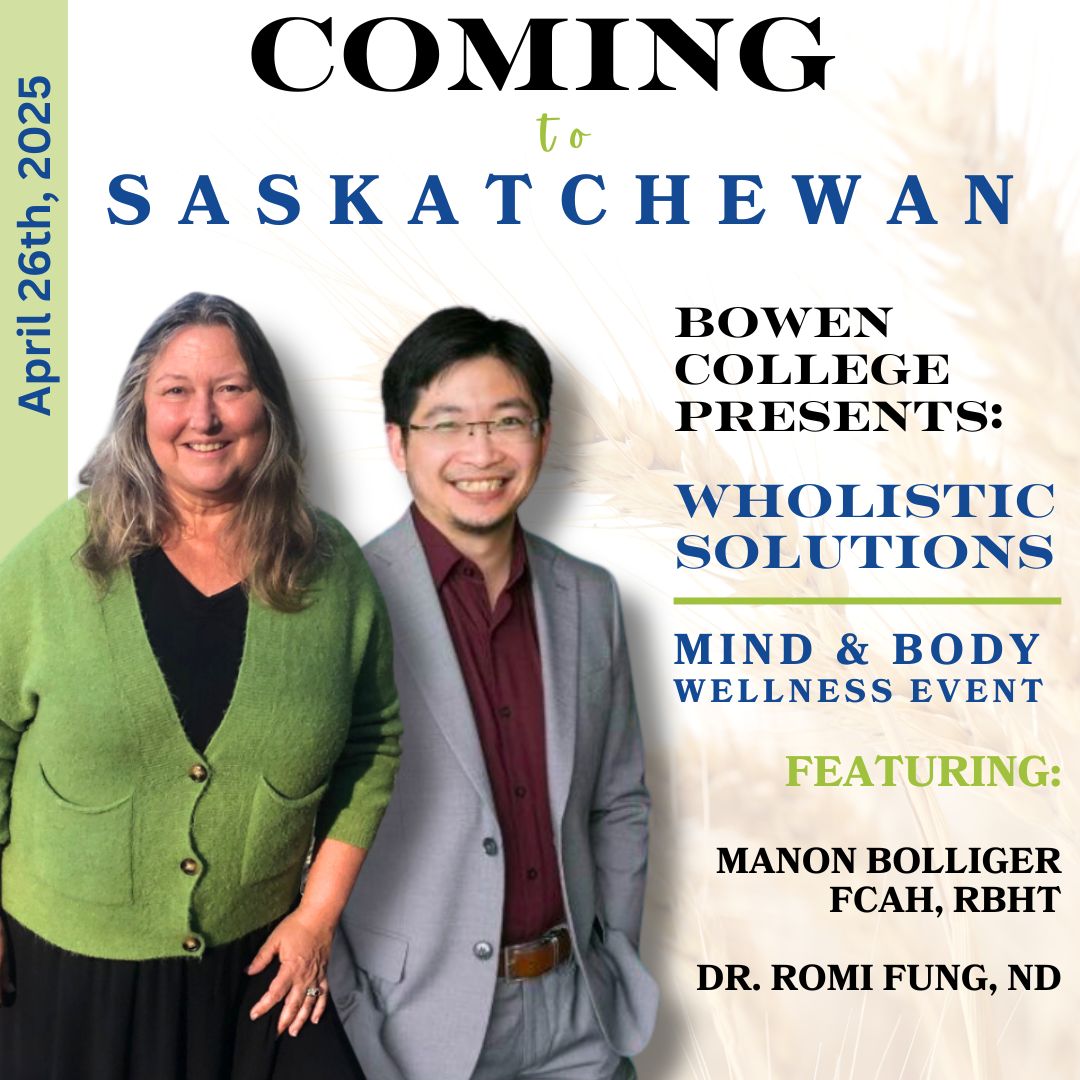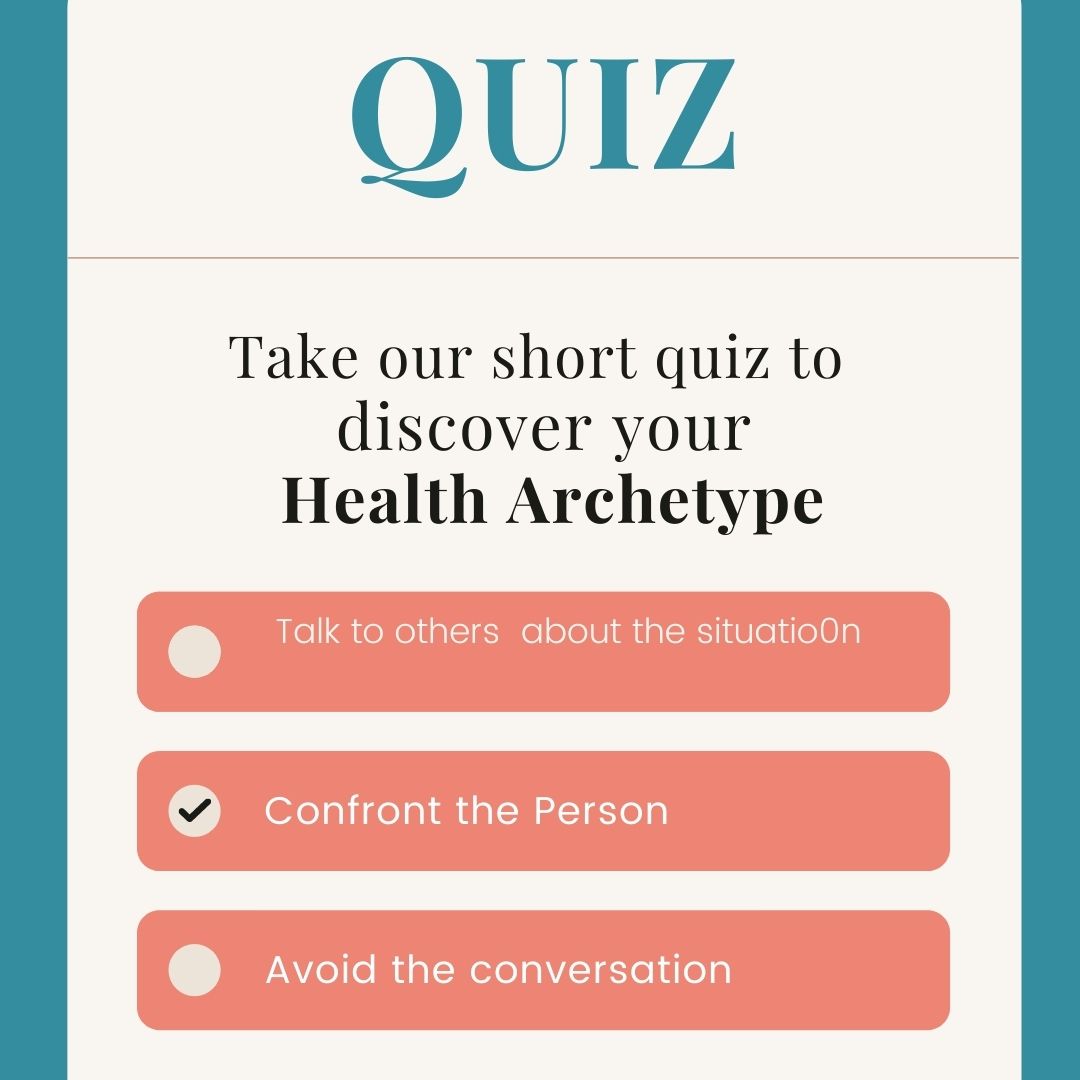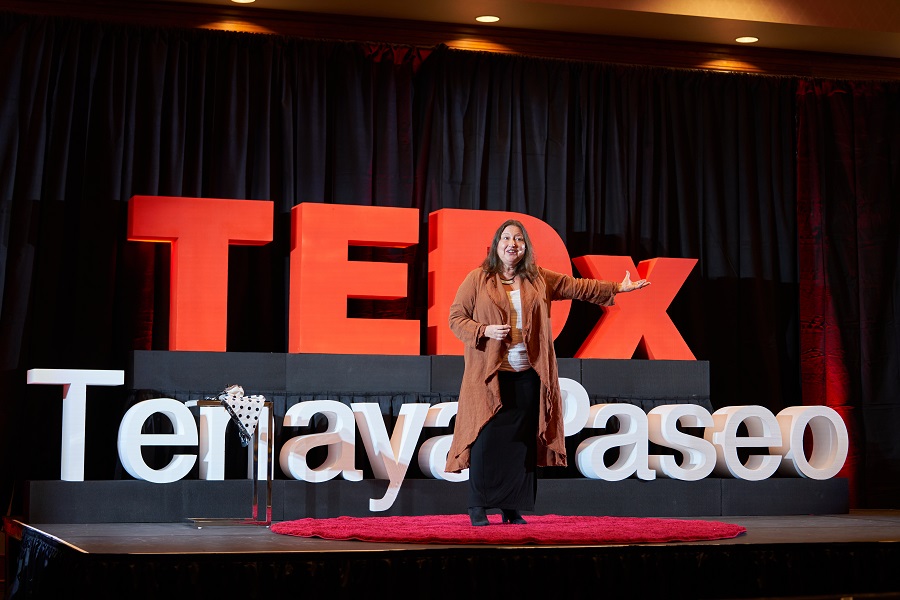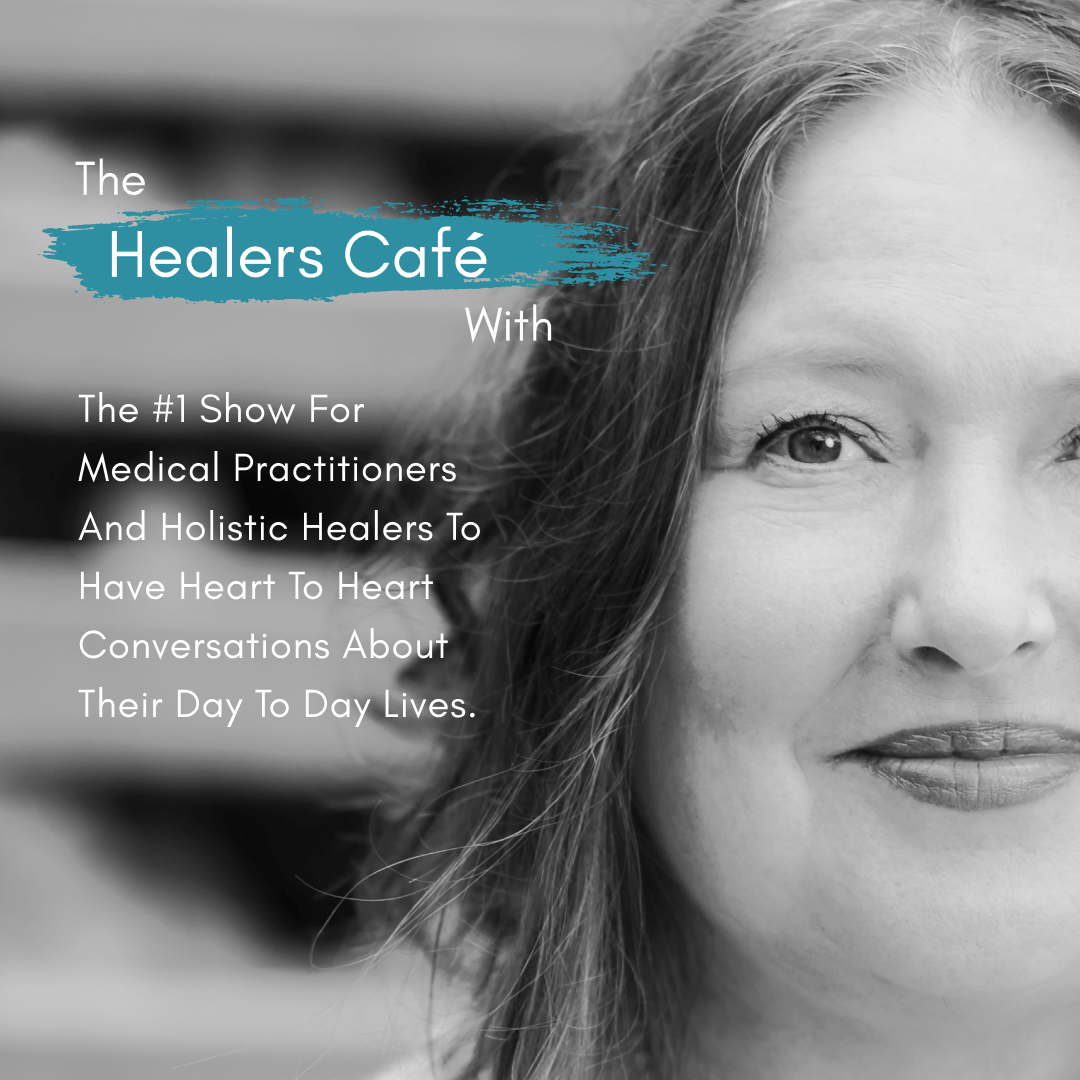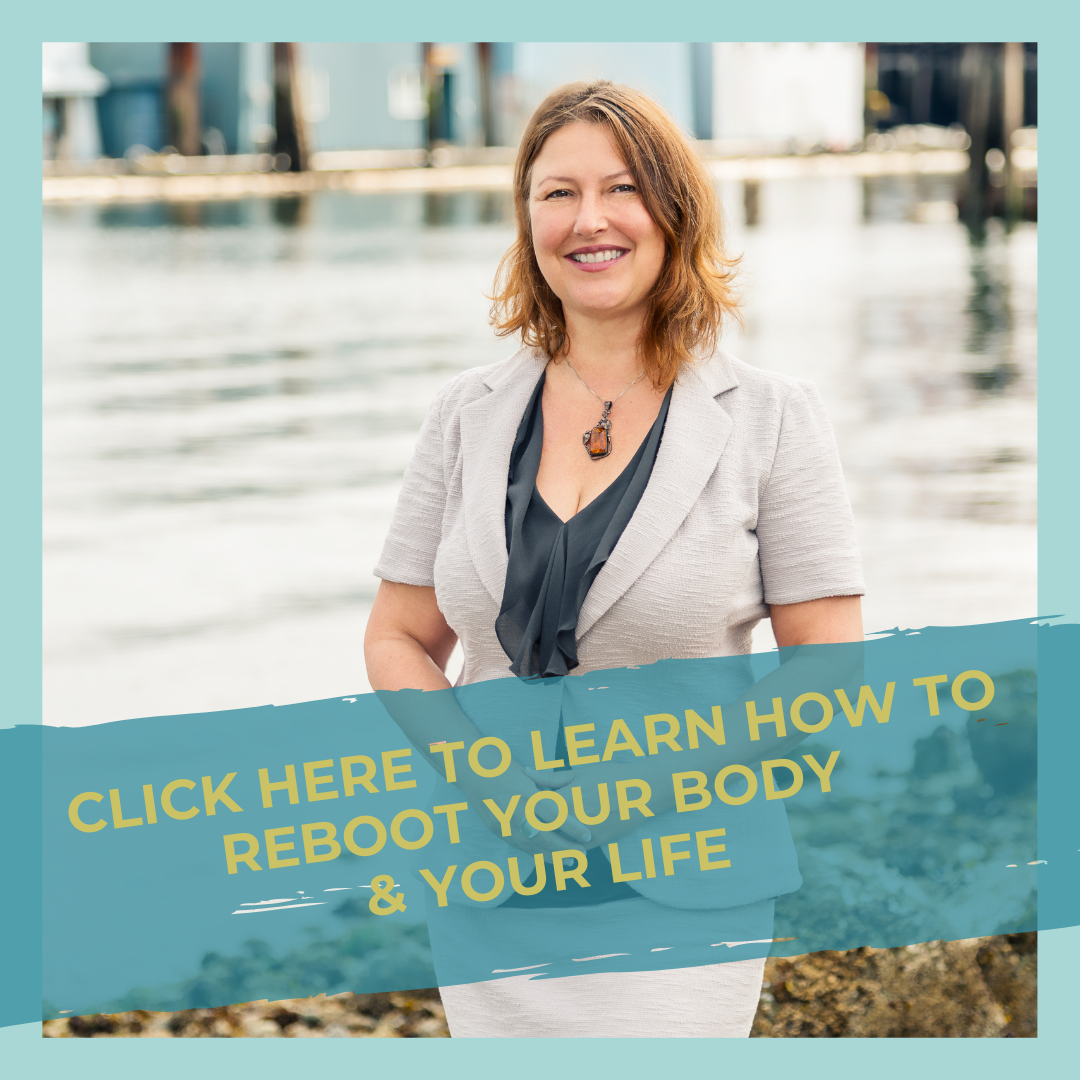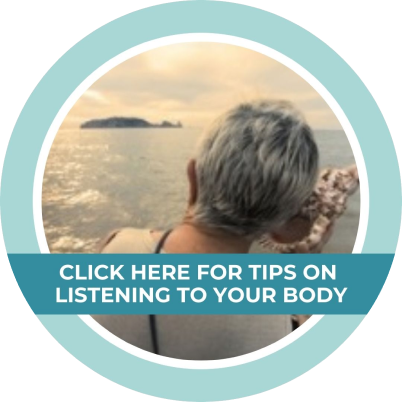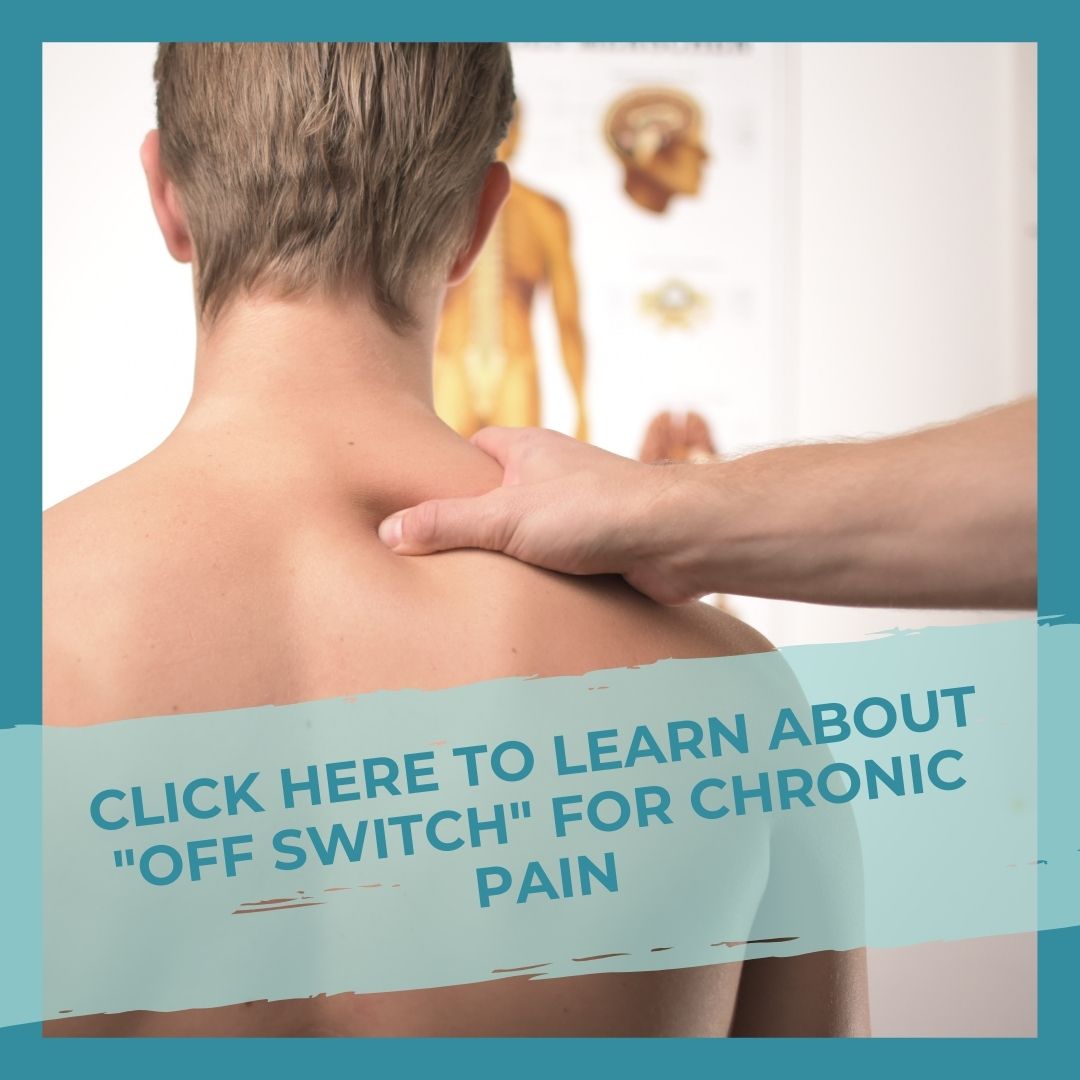
The #1 show for medical practitioners & holistic healers to have heart to heart conversations about their day to day lives.
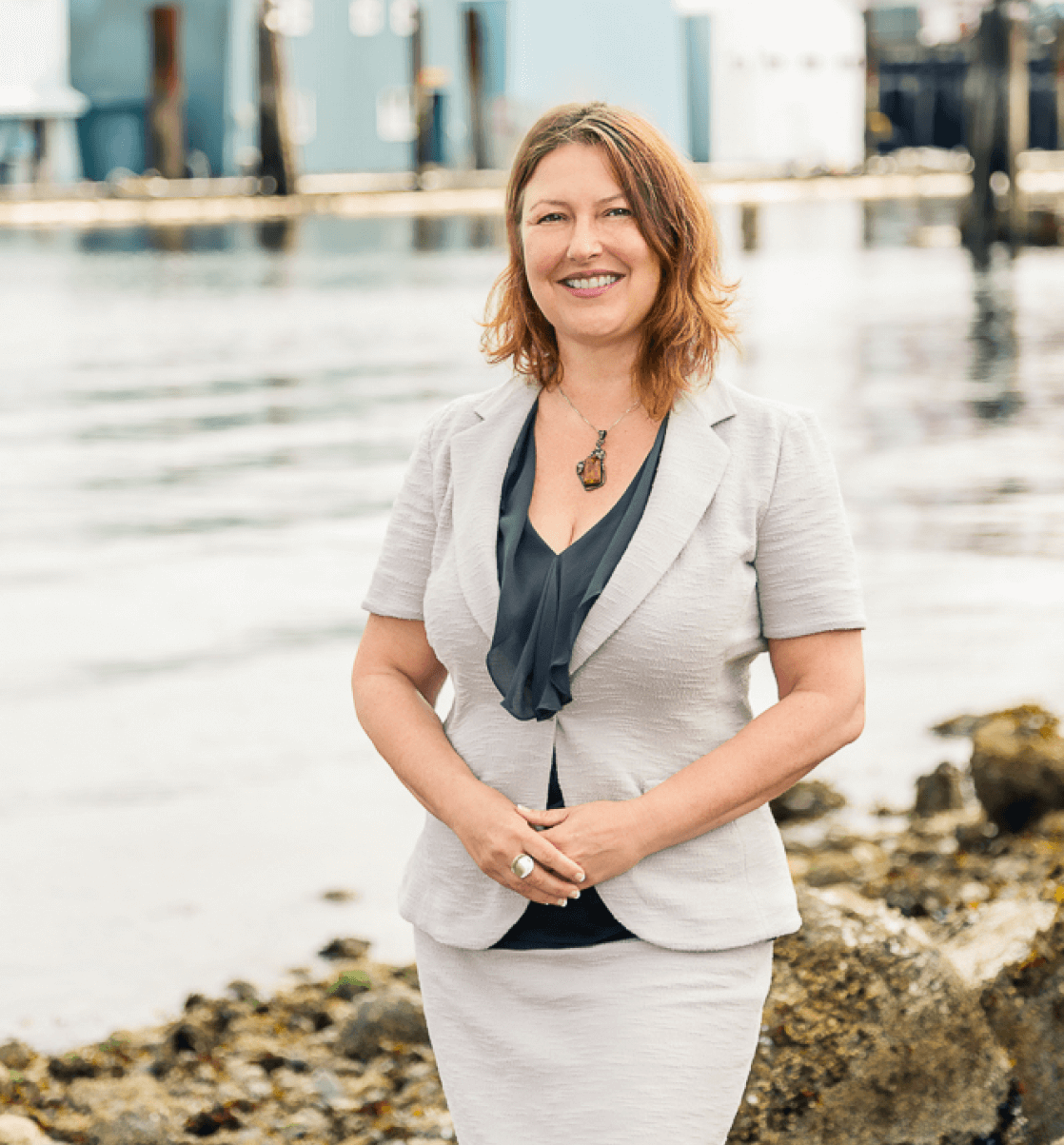
Manon Bolliger (Deregistered with 30 years of experience in health)
iTunes | Google Play | Spotify | Libsyn | iHeartRadio | Gaana | The Healers Cafe | Radio.com | and many more
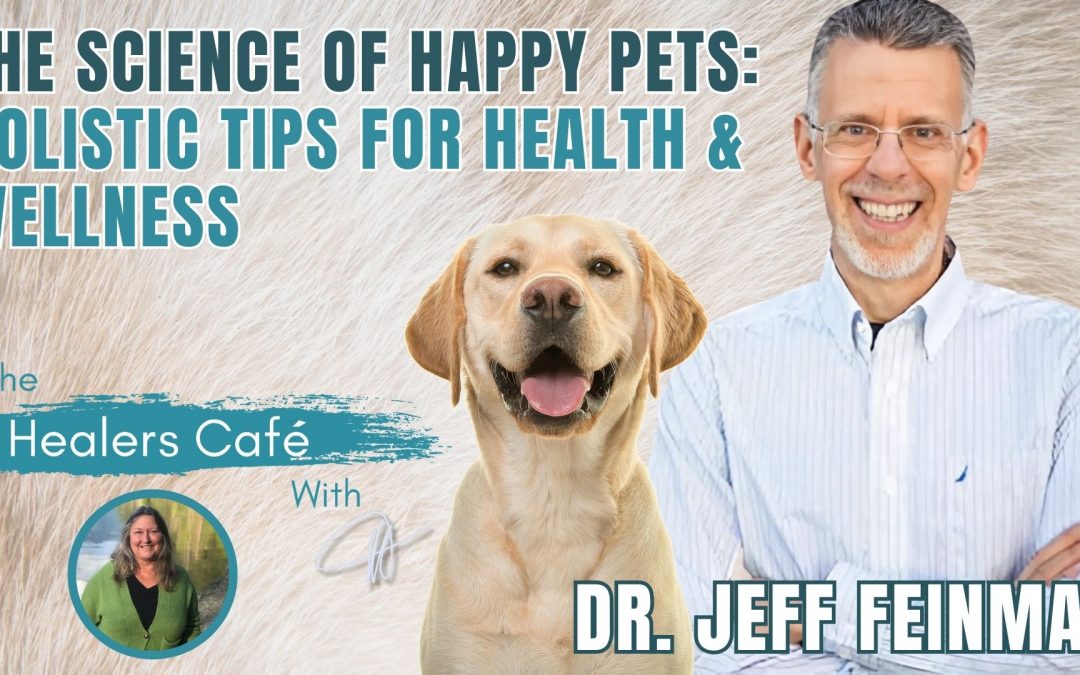
Dr. Jeff Feinman
The Science of Happy Pets: Holistic Tips for Health & Wellness – Jeff Feinman on the Healers Café
In this episode of The Healers Café, Manon Bolliger, FCAH, RBHT, speaks with Dr. Jeff Feinman about how the Happiness Protocol can revolutionize pet wellness by focusing on vitality, individuality, and intuitive communication for optimal health and quality of life
Highlights from today’s episode include:
Dr. Jeff Feinman we know that pretty much every disease in our animals are mitochondrial based, and in people as well. I mean, I have a neurodegenerative brain disease. At its core, it’s a mitochondrial.
Dr. Jeff Feinman The results that we’ve seen have been in externally visible diseases, like a pet that’s depressed or won’t eat or but also for internally measurable things like kidney disease, liver disease, heart disease, so and it’s really just three steps.
– – – – –
Dr. Jeff Feinman 27:09
Because, you know, these animals have been typically on chronic drugs, and the most common one is antibiotics. Anti is, of course, working against the bodies. If an animal’s been on even one day of antibiotics, they need at least a year of rotating probiotics to get their bacteria back in balance,
ABOUT DR. JEFF FEINMAN:
I’m a 1981 and 1985 UPenn graduate and licensed; CA, CT, FL ; molecular biologist-veterinarian. My current focus is teaching pet parents to use the Happiness Protocol to achieve the best quality of life for their animal companions. The specific actions are based on cellular energy/vitality, individuality, and susceptibility as described by the exposome. Improvement in animal quality of life, treatment outcomes, and even cancer. Radical Remissions, are seen from regaining homeostasis, balance. Through the online Holistic Actions! online platform I teach the tools of the Vitality and Balance System.
Core purpose/passion: Currently, Dr. Jeff is focused on helping his patients and clients maintain and regain wellness by integrating his knowledge and experience into a unified method called the Vitality and Balance System. His practice integrates the latest, safest diagnostic techniques and treatments with holistic modalities.
ABOUT MANON BOLLIGER, FCAH, RBHT
As a recently De-Registered board-certified naturopathic physician & in practice since 1992, I’ve seen an average of 150 patients per week and have helped people ranging from rural farmers in Nova Scotia to stressed out CEOs in Toronto to tri-athletes here in Vancouver.
My resolve to educate, empower and engage people to take charge of their own health is evident in my best-selling books: ‘What Patients Don’t Say if Doctors Don’t Ask: The Mindful Patient-Doctor Relationship’ and ‘A Healer in Every Household: Simple Solutions for Stress’. I also teach BowenFirst™ Therapy through Bowen College and hold transformational workshops to achieve these goals.
So, when I share with you that LISTENING to Your body is a game changer in the healing process, I am speaking from expertise and direct experience”.
Mission: A Healer in Every Household!
For more great information to go to her weekly blog: http://bowencollege.com/blog.
For tips on health & healing go to: https://www.drmanonbolliger.com/tips
SOCIAL MEDIA:
– Linktr.ee | Rumble | Gettr | Facebook | Instagram | LinkedIn | YouTube | Twitter |
About The Healers Café:
Manon’s show is the #1 show for medical practitioners and holistic healers to have heart to heart conversations about their day to day lives.
Subscribe and review on your favourite platform:
iTunes | Google Play | Spotify | Libsyn | iHeartRadio | Gaana | The Healers Cafe | Radio.com | Medioq | Audacy |
Follow The Healers Café on FB: https://www.facebook.com/thehealerscafe
Remember to subscribe if you like our videos. Click the bell if you want to be one of the first people notified of a new release.
* De-Registered, revoked & retired naturopathic physician after 30 years of practice in healthcare. Now resourceful & resolved to share with you all the tools to take care of your health & vitality!
TRANSCRIPT
Introduction 00:00
Welcome to the Healers Café. The number one show for medical practitioners and holistic healers, to have heart to heart conversations about their day to day lives, while sharing their expertise for improving your health and wellness.
Manon Bolliger 00:20
Welcome to the Healers Cafe, and today I have with me Jeff Feinman and boy, I’m looking forward to this conversation. He is a molecular biologist and a veterinarian, and he has his current focus is teaching pet parents to use the happiness protocol to achieve the best quality of life for their animal companions, and the specific actions which we’re going to find out more about are based on cellular energy, vitality, individuality and susceptibility, as described by the exposomes. So I am lots of things to define here for people, but Let’s, first of all, welcome and what got you started in this whole area?
Dr. Jeff Feinman 01:12
It’s a very long story, but first of all, thank you very much for having me bringing light on on how we can help our pets in a way that integrates and innovates on a standard veterinary care. So thank you very much for that, and I’ve been a lifelong patient myself. So this story really goes back to 1975 but we only have a half an hour, so I’ll be brief, we’ll say that I was trained as a scientist and molecular biologist, and I was studying individuality. What makes every cell like a snowflake? Every cell is an individual. And now my focus is doing that with animals and teaching you and more importantly, showing you how you can do it super easily by using the reality that symptoms are clues to what the body…what’s going on inside the body. That by not being afraid of symptoms rather understanding them, can actually fine tune our animals so they can have a better quality of …..
Read more...
of life and health span. So in short, how I got here is by observation by 39 years of watching my patients and watch my own body. I mean, you’ll see my upcoming book that my sources are current science, watching my patients. I’m watching my own, doing my own research on myself. See what worked.
Manon Bolliger 03:00
Right.
Dr. Jeff Feinman 03:00
What works is happiness protocol. But we’ll, we’ll get back to that.
03:06
Well actually, why don’t we get right into it? What is it, like, what is, you know, because when we go to a vet, it’s usually take a bunch of pills. It’s usually pay a lot of money for tests which lead to these bunch of pills, and then it’s make sure that all your rabies and etc shots are up to date. And I don’t want to be pessimistic, but usually that doesn’t work out too well, so I just, I mean, not in all cases, but certainly knowing something else, at least. You know, I worked for 30 years with humans. I can’t anymore because of certain reasons in our politics here. But the thing is, I’ve observed, as you have with the human body, there’s more to it. So I really go for it. Tell us everything you can in this short time.
Dr. Jeff Feinman 04:11
Can I go all the way back to vitality and energy and individuality? And those are one of the three pillars that make up this path to pet wellness, and that first pillar is called the vitality and balance system, or the VBS. That’s where the exposome comes in. The exposome is a molecular biology conception of how the body reacts on a molecular level to everything to which we’re exposed. So what makes us us, what makes our animals our animals, and the vitality piece is energy and in physics logical terms that translates to mitochondria. And we know that pretty much every disease in our animals are mitochondrial based, and in people as well. I mean, I have a neurodegenerative brain disease. At its core, it’s a mitochondrial. I mean, every brain disease, every disease is at its core, an energy base. I mean, because when you think about it, what allows an animal or person or any living being to be alive? Not how your liver functions, not how your skin is function, but how much energy you have? And the distinction between life and death is, you know, is there energy or not? And so we are fun saying that where there is life, there’s hope, because where there’s life, there’s fully aware energy and the ability to heal. And to answer your question about the happiness protocol. Animals are really, really simple forms of conscious beings compared to us. We have self consciousness. We’re worried about the future, we’re worried about the past. We’re worried about our diagnoses and what we should…they’re not. They’re incapable. They are in their bodies, in the world, and they lift two things, joy and happiness and purpose. Give those two things to them just by applying the happiness protocol. The results that we’ve seen have been in externally visible diseases, like a pet that’s depressed or won’t eat or but also for internally measurable things like kidney disease, liver disease, heart disease, so and it’s really just three steps. The first thing we’ll ask you to do is identify what makes their pet the happiest, maybe food, maybe play, maybe interaction with you. But second step is do it, and then do it even more, because almost everyone’s doing it to some degree, but if their animals are not well, then just double it for a couple of weeks. Step three is one of the pillars, one of the other pillars of the three steps the pet wellness, which is the BEAM blueprint, and you can use beam, beam like the sun beam, beam like the balance beam. It’s like the tractor beam. It’s the beam that pulls you to better health. It’s the beam of consciousness. Beam is an acronym that stands for behavior, energy, appetite and mood, to monitor that biomarker at home every day by giving our animals a BEAM score.
Manon Bolliger 08:12
Okay.
Dr. Jeff Feinman 08:13
I’ve never had, out of many, many 1000s people, to have an inability to use that BEAM score, and that BEAM score pretty much never fails to help fine tune the happiness protocol, because as you apply the happiness protocol, the BEAM score is going to be going up, and as the BEAM score gets to eight or above, many physical things are going to resolve.
Manon Bolliger 08:46
So I just want to make a little distinction, just for comprehension, the difference between animals and humans, because you said there were two things that animals, like basically, are looking for. I would have thought one was survival, but you didn’t choose that word.
Dr. Jeff Feinman 09:12
That seemed I mean, yeah, but…
Manon Bolliger 09:17
What are the two you said again, it’s…
Dr. Jeff Feinman 09:20
Joy.
Manon Bolliger 09:21
Joy, okay, and?
Dr. Jeff Feinman 09:23
Purpose.
Manon Bolliger 09:24
And purpose, okay, so and purpose in an animal. How would you define that? What is that?
Dr. Jeff Feinman 09:33
Oh, thank you for asking. It depends. Depends on the individual. The majority are happy to have their purpose being going out for a sniff, walk time, stay or barking at the door to keep the mailman away, or till their purpose is play and fun and it’s, you know, I like the reverse as well. I mean, what happens when we lose our purpose? What happens when men retire? We know that we’ve lost our purpose, and we get sick and die frequently after retiring, if we don’t have hobbies and other places to put our our sense purpose, but for an animal, their purpose meditation survival is going to be play or eating or interaction with the world in one way or another.
Manon Bolliger 10:34
I don’t know if you’ve heard of Chris Duncan, but he he wrote a book We Are Not Broken. And I’m actually part of a series of books that he’s going to be putting out, and what he says about the human is we, and I don’t want to misquote him, but it’s when you say play. It’s about doing something that you love, something that is creative, and I think in purpose for humans at least. And this I can say, from my clinic experience, if the purpose is something they love or find important, then purpose is important. But otherwise it is creativity and play. It’s living a life they love. But what gets in their way in humans, and I think with animals, you don’t have that problem, is their self conscious, which is what you were saying earlier. And that’s that whole thought process that we’re not good enough, or we don’t deserve it, or it’s our own self sabotaging capacity. So in animals, it’s not like that, is it?
Dr. Jeff Feinman 11:50
Usually not. The only exception of the animals that live in households where people are like that, and as you know, we share our energetic vibrations, right? And then inprint on our animals through the memory and mirror neurons, so we can imprint on them things that I call energetic entanglements, which are like just the smooth flow of energy.
Manon Bolliger 12:18
I think I’ve seen that like in a guilty dog. It’s like, what is that? How can that exist? But it is what you’re saying. You know, an imprint of motor neurons or mirror neurons that are kind of copying, even though they may not have the immediate cause of it. Interesting. Wow. So okay, how does this happen in practice? So somebody wants, has an animal, um, I mean, I can use mine as an example, but I’m sure you have plenty. So I have a cat, 17 that two years ago, lost some weight and then, you know, brought it, got the weight back, and it was fine. He’s an outdoor cat. We live in the country. He’s always been shy. Takes occasional pats by people, but otherwise he loves to lay in the sun. And basically that’s it outdoors, and he’ll only come in just eat some food, but he can go two, three weeks without, without the food we give him, okay? And then, you know, one of my kids thought, well, he doesn’t look good again, because he started losing weight again. So he was brought to a vet. He was given a rabies shot, and yeah, and I would say he’s not coming back. Now, there’s no way you can say, Oh, the shot did this. It’s not like that. Maybe, maybe it did. I don’t know enough to be able to say that, but the vitality isn’t coming back the way it did the first time. Um, what would I…I know, what he likes, what else would…what would I do if I were wanting like, I don’t know if it’s not a good example use something else. I’m just putting it out there.
Dr. Jeff Feinman 12:23
It’s a great example, because…
Manon Bolliger 14:24
He’s 17 years old, so he’s, he’s on.
Dr. Jeff Feinman 14:28
Yeah, that’s exactly we start. And we teach a process called HME, and which stands for holistic medical decisions we’re making. And that starts by putting everything into context. So looking at the context, you’ve got a super happy cat doing what he loves, which is what cats are designed to do, which is the outside hunt. He like kills and eats his whatever. It’s nothing better for a cat really. I mean, for him to be doing what he’s doing, but throughout his life, he’s had some blockages, to know, the free flow of energy, and you’re right. I mean, have they ever run any blood work on your kitty?
Manon Bolliger 15:17
Yeah, they they did, and, you know, they found kidney issues, and, you know, different things. They say it’s the food that he eats and but then their solution was more grain food, which didn’t seem the right way of…I mean, I would know that that’s not a good solution. So, you know, it didn’t go that route. Obviously, raw food would be better. And as a pet owner, I’m not around enough to really give him all of that. So it’s a compromise. He gets protein, but not in the best form.
Dr. Jeff Feinman 16:02
Did you ever try using something called the snuffleman for him?
Manon Bolliger 16:08
No, I don’t know what that is.
Dr. Jeff Feinman 16:10
One of the tools, one of the parts the happiness protocol, is getting a dog and a cat to to pranayama to do and you can do that with this little tool. I’m not gonna grab it now, but it’s like it’s a little shag carpet that you hide treats in, and they sniff it out, and they fine tune their energy. And what I would recommend is that you do it with freeze dried chicken hearts.
Manon Bolliger 16:43
Okay.
Dr. Jeff Feinman 16:44
Break it up into little bits all around the stufflemat. Let him go at it a couple times a day, and I bet within two weeks, he’ll be getting his weight back. But you’re right. You have to look at the context that he’s a 17 year old cat.
Manon Bolliger 17:01
Sure, yeah.
Dr. Jeff Feinman 17:04
Try, try the freeze dry chicken hearts with, without the snufflemat, you don’t use stuff about, you know, one of my cats just loves, just throw the I mean, I do it with peanuts. She loves peanuts. I just throw. And she hunts like she is hunting, and it’s the nuts.
Manon Bolliger 17:25
So, it’s the snorting has nothing to do with the breathing thing. It’s or is it?
Dr. Jeff Feinman 17:32
It is.
Manon Bolliger 17:33
Ah, so tell me more.
Commercial Break 17:35
What would your life be like if you were pain free, if you were one of the millions who suffer from chronic pain, the thought of just one day without it may seem impossible. This is often because conventional medicine tends to fall short in the treatment of pain, opting to prescribe pills or recommend surgery rather than getting to the root cause of the problem. But if you are suffering with emotional or physical pain, there is hope. Join the founder and CEO of Bowen College, Manon Bolliger, live online for your body mind reboot. Learn how to listen to your symptoms and get to the root cause of your pain, plus be trained in basic Bowen therapy moves so that you can reboot your body for optimal health. You don’t have to live in pain. You can heal, stop the pain pill cycle by visiting www.yourbodymindreboot.com to learn more and to register.
Dr. Jeff Feinman 18:45
Well, I mean, we talked about vitality, and vitality is a direct effect of mitochondrial metabolism. We know through research studies that things like Pranayama or breathing exercises are going to increase energy production by the mitochondria and balance out the flow of energy in the body. And that’s what pranayama does in people and animals. And you know, Art of Living did a great study with their um sky breathing technique. You can see a video at Yale University where they studied this, and it just gets rid of anxiety and depression, and increases, helps you work better. Really, it’s all about just getting the body to work the way nature of the universe, God all intended. I mean, if we really broke it down to basics, there are just two ways to work in medicine, work with the body or work against the body. And we as veterinarians are really good at doing things like vaccines or drugs or inadequate foods that don’t really work with the body that well, which is great, because all you need to do as a pet parent is no, there’s a difference. And add the raw food, add the chicken necks, add the sniff walk as they’re intended to be. And that’s actually my mission, and that’s holistic actions mission is everyone in the world to know there’s another way to look at things. Really well with the paradigm, and that’s where the exposome comes in. The exposome, molecular biologies, scientific wellness. These are all conventional ideas that integrate really well with my…I mean I’m a homeopath. Homeopathy is about as this is not a part of mainstream medicine.
Manon Bolliger 21:02
Yeah, that’s what I’ve practiced for 30 years, or a little more. Actually, I became a naturopath, but that’s the modality of of choice for internal issues. I use something called Bowen Therapy, which I’ve used more for physical things, and I’ve certainly used it on animals, you know, for horses and goats and chickens even. But, yeah, but homeopathy has a definite special place in my heart. I mean, it’s, it really is what taught me that symptoms are not our enemy. We need to work with them, you know. And that’s so profound a paradigm shift from this suppressive therapy that just gets happy when symptoms go away, you know? Yeah.
Dr. Jeff Feinman 22:03
Exactly. And that’s why we say embrace symptoms like your friends. Symptoms are the best clues. Symptoms are the way to know what’s going on internally, and that’s why being as an external biomarker. Is a really, really sensed symptom. In a webinar at the other day where the vets said, you know that we can never tell how our animals really are feeling, but just you know how to monitor team. I’ve actually almost never seen that not work.
Manon Bolliger 22:47
Yeah, interesting. So do you have a couple of you know cases to share that you know might provoke people to look at another way of doing things.
Dr. Jeff Feinman 23:04
Wow, can you narrow it down a little bit?
Manon Bolliger 23:10
One of the most common things that you that you see as you know, that you know you can help.
Dr. Jeff Feinman 23:17
Thank you for that right there you hit the nail on the head. The most common thing that I see, and that is seen in the vet world, are allergies. Itchy skin, red ears, ear infections. What is an allergy? An allergy is an immune hypersensitivity in the imbalance in the immune system. So the approach to allergies is we can tune up the immune system, balance the immune system, by using methods that we discussed, and that decreases the chance that allergens that are all around us are going to affect us, and that’s where susceptibility comes in. Susceptibility is the individual’s likelihood of having a reaction from an allergen. So in my mind, allergies are curable. You can actually resolve allergies. Eventually we consider them as interval. I mean, I just got a returned pet insurance form somebody because they applied for an allergic symptom and the insurance company said, No, you know, he said allergies before they’re incurable, so we can’t really ever cover that ever.
Manon Bolliger 24:51
Sorry, that’s funny. I mean, it’s sad, but oh my goodness, yeah. So let’s say you have. I’m just thinking an allergy. I’m thinking of this dog that scratches and itches, and you can’t really see much, except for the scratching and the itching, which may turn it red, but there and they didn’t used to have it. Where would you go with that? Like, how would you how would you process that information?
Dr. Jeff Feinman 25:23
Yeah, the first step in unwinding anything like that is look at the diet. 90% of the time it’ll be an ultra processed, commercial, dry or canned food, and most of the GI problems, most of the allergy problems, most many of the things that we see as pets can be fixed by putting them on a fresh food diet, right? Not even a raw diet, but just real food, not processed food. We know that the advanced glycation and products and all things that come along with the commercial foods are directly harmful. But…
Manon Bolliger 26:09
Yep, we’re discovering that for humans in a big way. Now, right as as there’s a lot more truth coming out, it sounds like you know most of the fast food industry is there to really diminish our lifespan? And that’s the polite way of saying it.
Dr. Jeff Feinman 26:30
No, it’s really good, because then we need other drugs to keep us in the end.
Manon Bolliger 26:37
The problem solution model, create a problem, and boom, you’ve got an entire industry. But, okay, so let’s say you start with food, which, if for humans, it’s often that as well. And let’s say that people are they’re doing the food properly. They’re going back to natural foods. Where would you take an allergy with for an animal like a little bit more, where would you…yeah, what would you do next in understanding?
Dr. Jeff Feinman 27:09
The most common drug you use? Because, you know, these animals have been typically on chronic drugs, and the most common one is antibiotics. Anti is, of course, working against the bodies. If an animal’s been on even one day of antibiotics, they need at least a year of rotating probiotics to get their bacteria back in balance, and we know that, you know from research that even again, one day of antibiotics is enough to mess up the microbiome for up to a year. And I’m starting with these physiologically active things, because they resonate more people, when we start going into the energetic things, and things like homeopathy, which is the ultimate answer to the allergic question. But again, food and rotating probiotics, it’s appropriate, especially, but any probiotics in rotation, because variety is indeed the spice of life. So the more variety you have in your microbiome, the healthier we are. We know that from the animal bio research. The next step is to look at lifestyle. A lot of animals are developing allergies and aging is because they’re bored, because they’re anxious, and there is often something that we can do in the lifestyle that helps them, whether it’s engage with them more, whether it’s micro engagements. You know, a lot of us just don’t have a lot of time. Create a five minute gazing section or a session, or sniff walk or session, or Reiki session. Do that as often as you can.
Manon Bolliger 29:29
Okay. And then the part about understanding this psychology, like what is going on emotionally, let’s say I’ll just pick that same dog, because at least I got something to focus on, how I can see, how projection can work. You can imagine, but how do you know what the dog is feeling?
Dr. Jeff Feinman 29:55
Well, that’s a great question. That’s one of those…one of the three pillars. That pillar is called the conscious and compassionate communication method. Impulse animal communication, or what now is actually more accurately called, I see, or intuitive intricacies communication.
Manon Bolliger 30:21
Intuitive…how do you say it again?
Dr. Jeff Feinman 30:23
Intuitive interspecies communication, I see you’re up in Canada. A search on…I see conference University, Saskatchewan. That’s an incredible conference that brought people from around the world to answer the question that you just asked, how you could know because the answer is, how can you know how well a tree is feeling, or a plant is feeling, or any part of the environment is feeling by tuning in. There’s a woman that teaches something called Echo fluency, becoming fluent in the speech of the spirit world, of the plants, the animals and yourselves. But this is part of different paradigm than we’re taught in vet school. Just so happens that this is same paradigm that’s being validated by scientific research, and it’s the same paradigm that has existed for 1000s of years in every indigenous culture in the world that is based on spirit and love and interconnection and awe. And all the things that we now are learning are good for us. They’re really good for animals, and they’re really easy to to apply in animals.
Manon Bolliger 32:05
That’s really exposing and building our own intuitiveness and trust that what we’re reading is what we’re reading what we’re you know, I think that’s part of the process, it must be.
Dr. Jeff Feinman 32:23
Trust is huge, and I always use the example of trust in the natural laws. You don’t have to trust me. You don’t have to trust what I’m saying is true, but trust the natural laws of physics. Wake up in the morning put your feet on the ground. You’re not worried that you’re going to go flying around, because the law of gravity doesn’t apply to you anymore. Well, that law also applies to energy. Conservation of energy and energy flow is a law of physics, and it’s now being studied in molecular biology labs. There’s a construct called the temp framework, the dynamic energy budget, which basically is a way of describing physics and math, how you know how the energy flows and works in the body of trust? Oh, we’ve got fear on one side and trust on the other. So I call mine the love. Love Fast Framework starts with love, and it may have some F, some fear in it. Then if we accept, which is the A in fast, and surrender to those natural laws, and trust in those natural laws, we can be fine, fine. And that’s where the mindset stuff comes in. We just have to know that peace, right? That’s why my mission is just for you to know that that’s possible.
Manon Bolliger 34:14
Well, I certainly hope that this little interview gets spread to many people, because I do think, you know, it’s funny, a lot of people don’t dare do things for themselves, but they get very, you know, desperate to help their their animals even more than their kids, sometimes and maybe it’s because they seem even more victim like, I don’t Know, you know. But it’s like, I do think that by learning how it really works, how you know how wonderful life really is, and how healing truly happens. And now we’re, we’re made to heal, and all we need to do is like, assist it, you know, and pay attention. I think that has an ability to reverberate to human beings that have this head thing and thoughts in the way. You know, I do think it, yeah, I think it is a good way to reach people. So I really look forward to hearing about your work out there by many people.
Dr. Jeff Feinman 35:26
Manon, thank you. Thank you so much for getting the word out. Helping to get the word out. Help your work in with Bowen and with people, it’s gotta be tough working with people compared to working with animals. Oh, pure…
Manon Bolliger 35:41
There’s a whole other level. Yeah, it’s true, but it’s, you know, I do a lot of teaching to practitioners as well about, you know, what is our actual responsibility? You know, because the individuals who want to get better must take radical self responsibility, and we’ve got to stop the the blame game and the I told you so, he told me, so that you know, the following orders without touch, really feeling in does this apply to me? Does this feel like it’s aligned? And the thing is, if everyone takes the same type of responsibility, then it’s possible to have an incredible, you know, medical team and have great results, but it’s the patient that’s in charge, you know, it’s gotta be them. Otherwise, it doesn’t work the same way. You know?
Dr. Jeff Feinman 36:43
Exactly, and I know you’re wrapping it up, but I just want to refer people back to the scientific wellness framework, because the last part of that framework is that the patient has to be participatory. It’s getting powered. And we know in human medicine that that will improve outcomes, that that will make you get well faster and in more percentages. And a good friend of Bernie Siegel, he wrote a book in the 80s called Love, Medicine, Miracles, and that’s a huge part of that framework, is self responsibility, self empowerment. And I’ll just end with my mind with this quote that we want to give people don’t want to give people fish. We want to teach them out of fish.
Manon Bolliger 37:40
Exactly. Well, thank you so much. I really appreciate your time.
Dr. Jeff Feinman 37:45
Okay, thank you so much for having me.
Ending
Thank you for joining us at the Healers Cafe. If you haven’t already done so, please like, comment and subscribe with notifications on as I post a new podcast every Wednesday with tons of useful information and tips for natural healing that you won’t want to miss, go to DrManonBolliger.com/tips for more tips
* De-Registered, revoked & retired naturopathic physician, after 30 years of practice in healthcare. Now resourceful & resolved to share with you all the tools to take care of your health & vitality!
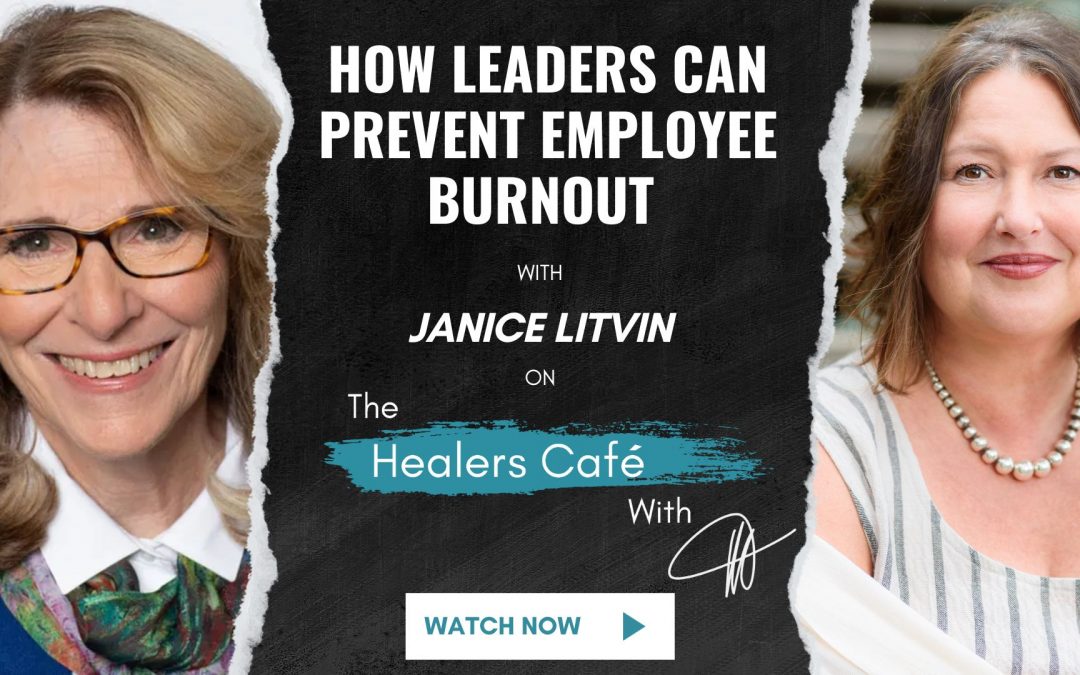
Janice Litvin
How Leaders Can Prevent Employee Burnout with Janice Litvin on The Healers Café with Manon Bolliger
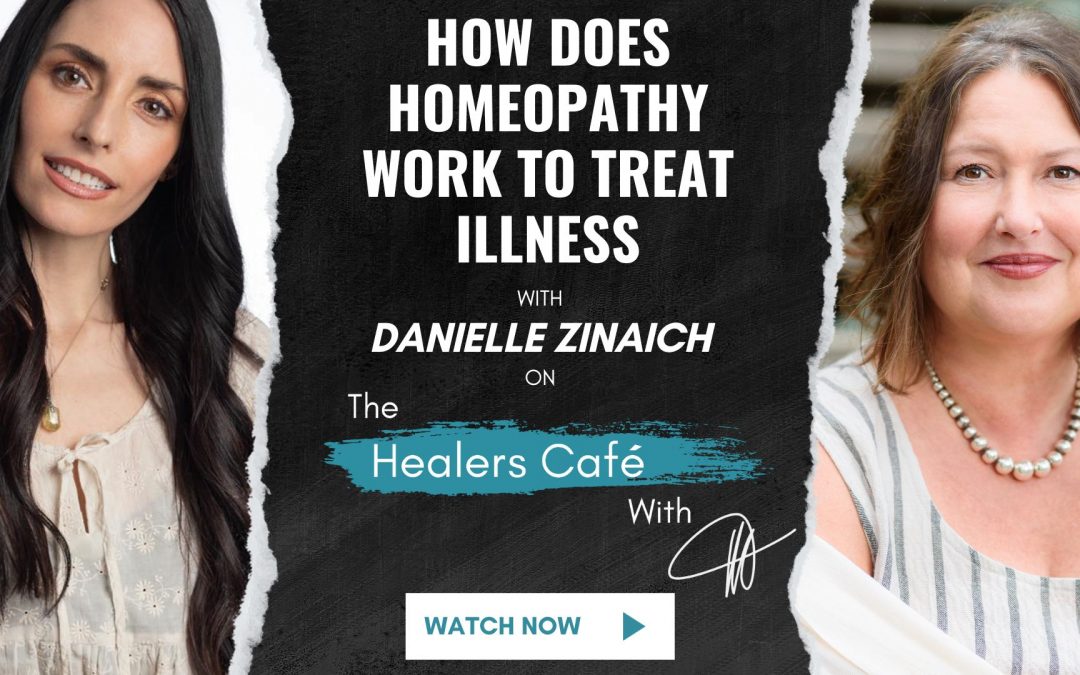
Danielle Zinaich
How Does Homeopathy Work to Treat Illness with Danielle Zinaich on The Healers Café with Manon Bolliger
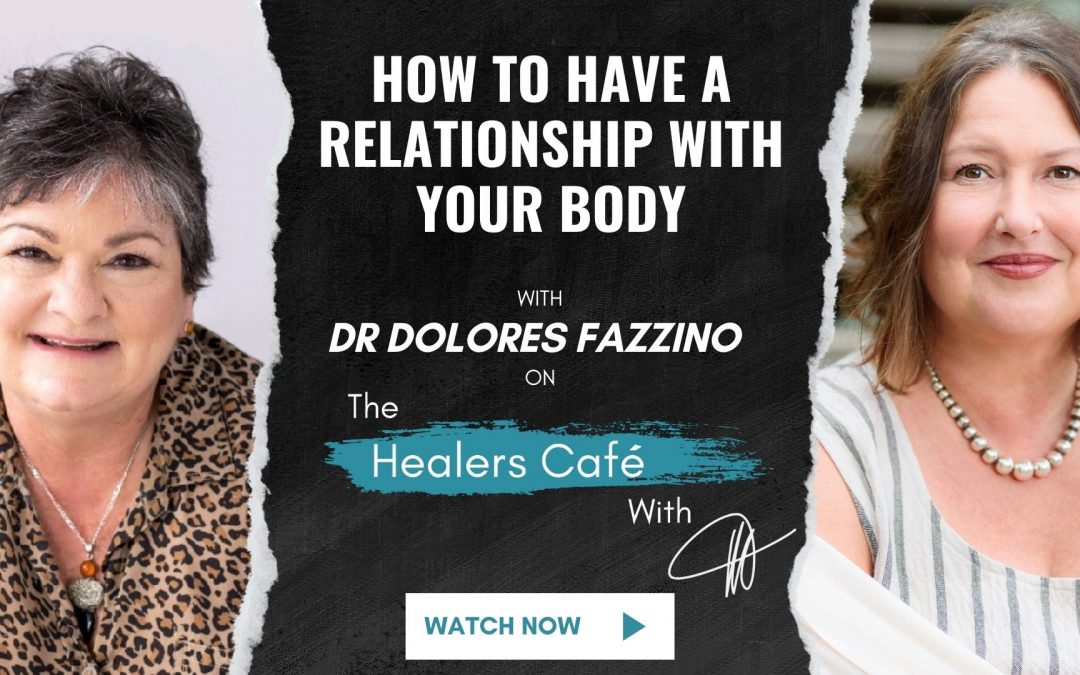
Dr Dolores Fazzino
How To Have a Relationship with Your Body with Dr Dolores Fazzino on The Healers Café with Manon Bolliger
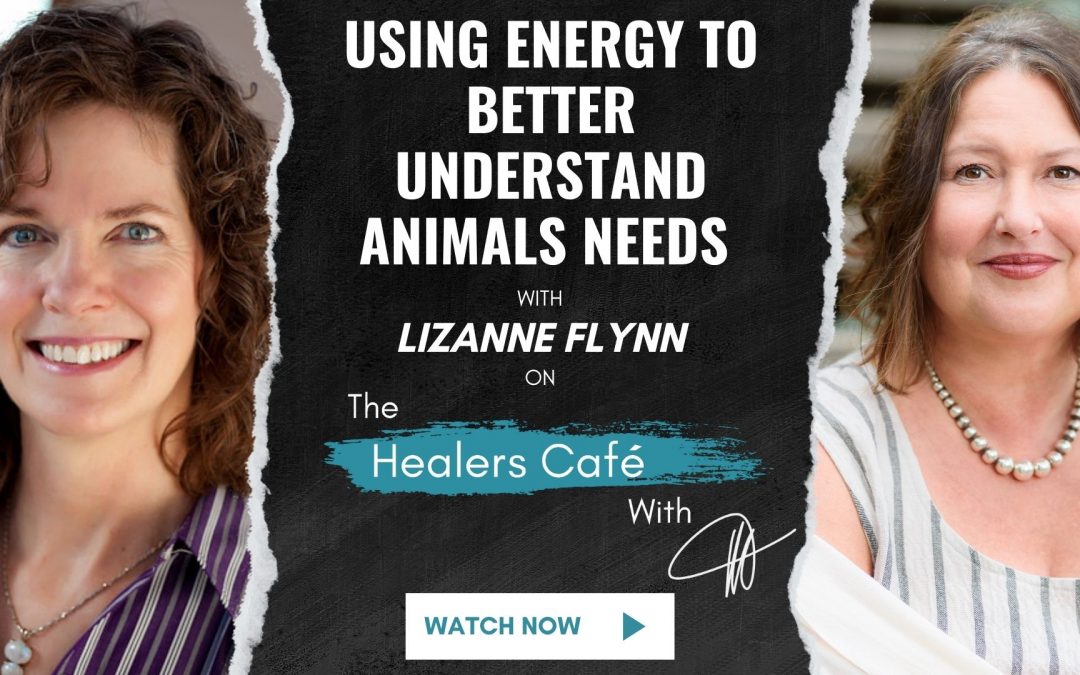
Lizanne Flynn
Using Energy to Better Understand Animals Needs – Lizanne Flynn on The Healers Café with Manon Bolliger
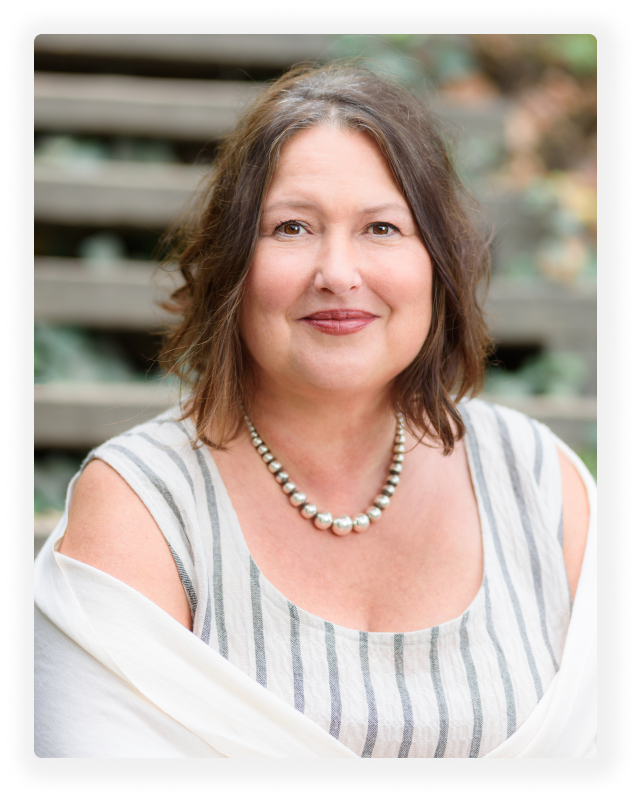
A Better Way To Connect With People
Manon is a newly retired Naturopathic Doctor, the Founder of Bowen College, an International Speaker, she did a TEDxTenayaPaseo (2021) talk “Your Body is Smarter Than You Think. Why Aren’t You Listening?” in Jan 2021, and is the author of 2 Amazon best-selling books “What Patient’s Don’t Say if Doctors Don’t Ask” & “A Healer in Every Household”.
FollOW MANON ON SOCIAL MEDIA
Manon Bolliger, FCAH, RBHT
Facilitator, Retired naturopath with 30+ years of practice, Business & Life Coach, International & TEDxTenayaPaseo (2021) Speaker, Educator, 2x Best Selling Author, Podcaster, Law Graduate and the CEO & Founder of The Bowen College Inc.
* Deregistered, revoked & retired naturopathic physician after 30 years of practice. Now resourceful & resolved to share with you all the tools to take care of your health & vitality!
![]()
